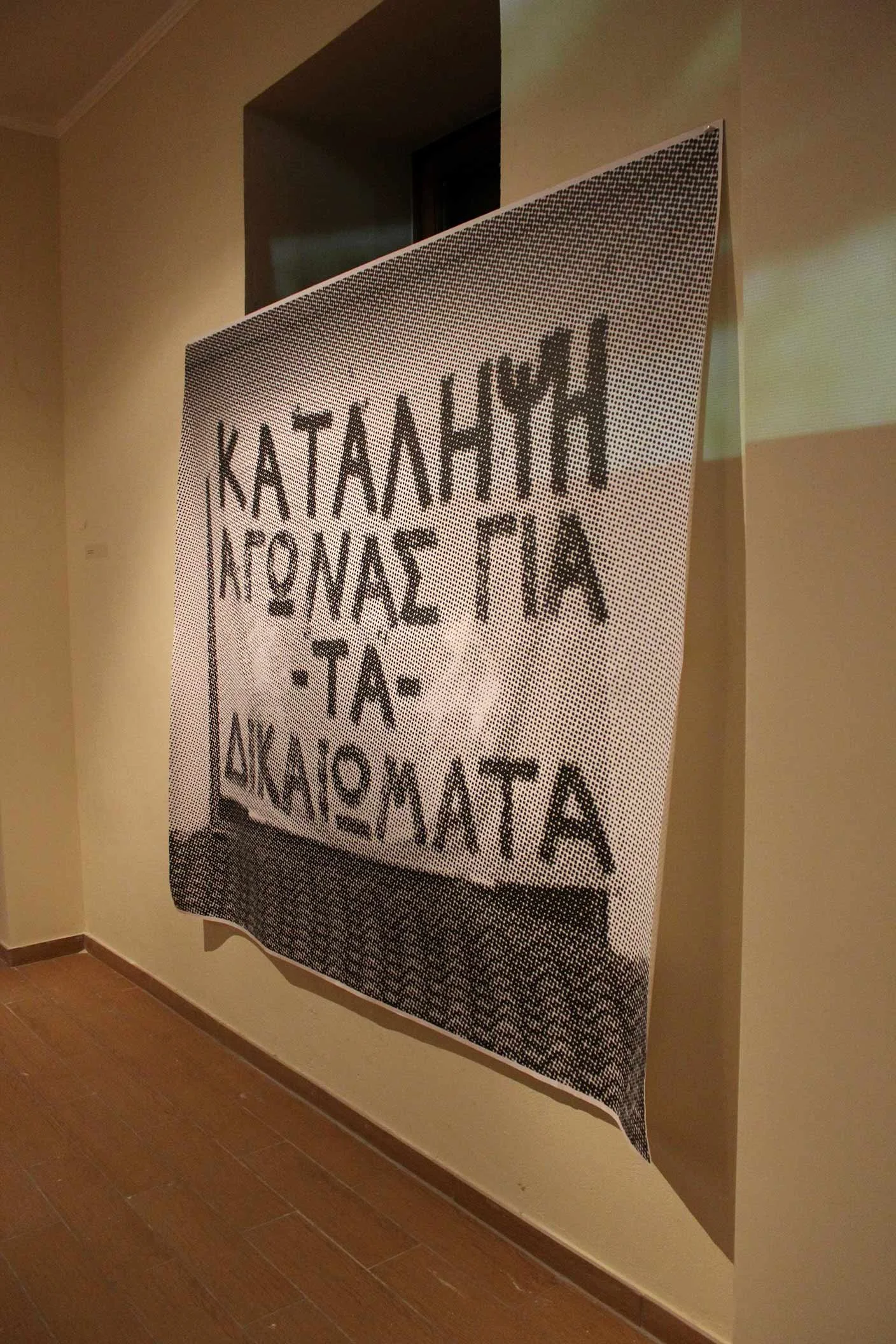To the limits of “togetherness” / The symptom projects
(2012)
The Symptom Projects
Amfissa, GR
Curated by: Kostis Stafylakis
more info here
“The idol of this age is community. As compensation for the hardness and staleness of our life, this idea has compressed all sweetness into mawkishness, tenderness into weakness, and flexibility into the loss of dignity. Molded by this idea, what is repressed pushes the phantom of an overstrained heart under a gruesome cruelness. An immeasurable chilling of human relationships by mechanical, commercial, and political abstractions conditions an immeasurable reaction in the ideal of a shimmering community overflowing through all of its supporters. “
Helmuth Plessner, The limits of community: A critique of social radicalism, 1924.
During the last years the Greek society experiences a revival of collectivities, collective forms of protest, self-organization and participation projects. Especially in the past one and a half years one observes an intense collectivization of life. Interpretations of its causes abound: the growing deficit of representation in the experienced parliamentary democracy, the need of supplementing the forced isolation of a difficult everyday life – supplements for the alienating pace of life, the demolition-loss of familiar spaces of gatherings / meetings / socialization, the loss of working space, the recession of entertainment and the repulsion towards forms of entertainment/relief that dominated over decades; and the Dionysian seduction of the collective protest, the glamour of “autogestion”, the ideological dominance of intellectual schemes for a post-anarchical micro-utopian radicalism, the ritual anathema upon the recent political history, the devaluation of parliamentarism, the “alternative way of life” culture
with its oriental extremities verging on and submerging in paths of “wisdom”, the alternative vacations trend posed as anti-consumerism, the abrupt proliferation of electronic social networks, and the “exit” towards rural life.
textus continues here








